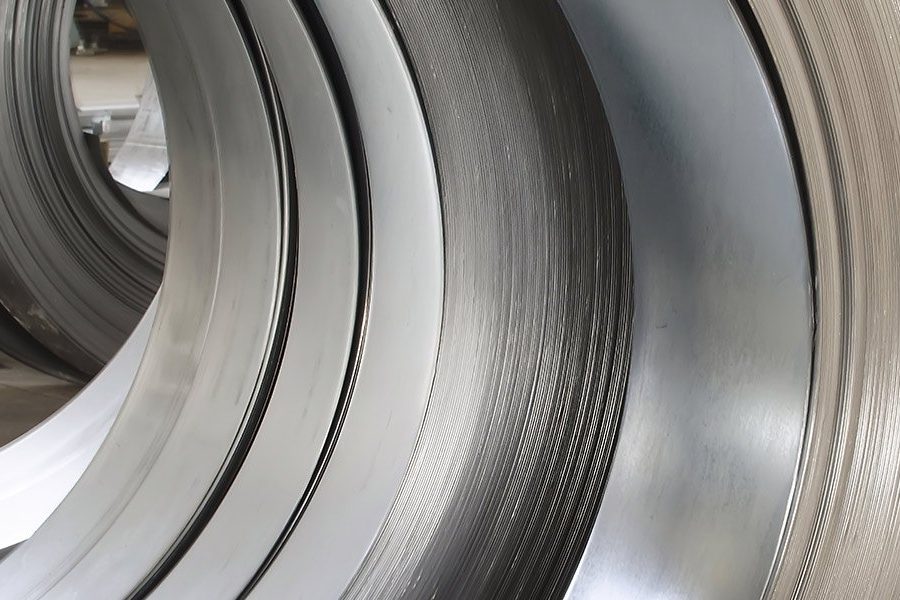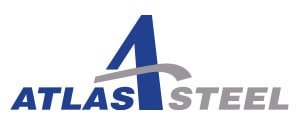3 Signs of Quality Aluminized Steel
Aluminized steel is renowned for its wide variety of applications. Far and wide, it’s use is renowned in sectors such as:
- Residential
- Energy
- Construction
- Agriculture
And why wouldn’t aluminized steel be preferred throughout most industries? It’s renowned for its corrosion resistance, high heat resistance, and affordable production.
It’s understood throughout the world that quality aluminized steel is one of the best materials out there. But that begs the question—what defines “quality” aluminized steel? Furthermore, how do you tell if aluminized steel is good quality?
In this month’s blog post, we’re covering the signs of quality aluminized steel you should look out for.
Coating Thickness
One of the primary indicators of quality in aluminized steel is the thickness of the aluminum coating. Higher quality aluminized steel typically features a thicker and more uniform aluminum coating, which provides better corrosion resistance and thermal protection. Thicker coatings also tend to offer enhanced durability and longevity, making them suitable for demanding applications.
You should also know that aluminized steel type 1 and aluminized steel type 2 have different acceptable ranges of coating thickness, where type 1 usually has a much thinner layer. This isn’t just some cost-saving measure, though; type 1 is designed that way to maximize heat resistance, while type 2 is designed to maximize corrosion resistance. So, when you check the coating thickness, make sure you’re not comparing apples and oranges by judging type 1 thickness by type 2 standards.
Adhesion Strength
Another important aspect to consider is the adhesion strength between the steel substrate and the aluminum coating. High-quality aluminized steel is characterized by strong adhesion between these layers, which ensures long-term performance and prevents delamination or peeling over time. Assessing the adhesion strength can involve conducting adhesion tests or examining samples for signs of coating detachment. Because type 1 aluminized steel has a thinner coating, you’re more likely to find type 1 aluminized steel with a higher adhesion strength.
Surface Finish and Appearance
The surface finish and appearance of aluminized steel can also provide valuable insights into its quality. High-quality aluminized steel typically has a smooth, uniform surface free from defects such as scratches, pits, or uneven coating distribution. On top of that, the appearance of the aluminum coating should be consistent and free from discoloration or impurities, indicating proper manufacturing processes and quality control measures.
Are you interested in quality aluminized steel products for your industry? If so, Atlas Steel is here to provide quality steel at affordable prices. Click here to contact us for more information.





